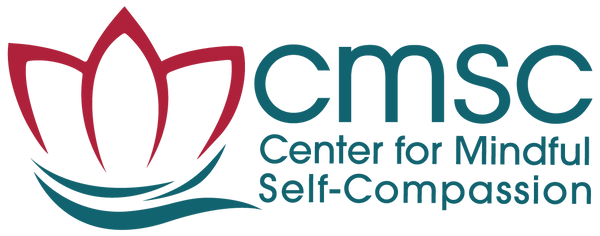It’s like continuing to put your car in reverse in order to move forward.
But consider for a moment where your New Year’s resolutions come from and see if there are some seeds of this approach in how you treat yourself. Do you look into the mirror and think, “Listen Big Guy, I know you want to lose a few pounds because it’s important to you to stay healthy for your wife and kids. Can you commit to working on this in the New Year?” Or is the tone a bit more like “What’s wrong with you? How could you let yourself go like this? This is so typical of you. You’re such a lazy bum. You need to get off your butt and exercise. This year’s New Year’s resolution will be lose that ugly gut!”
For many of us these days, the latter judgmental tone is much more familiar than the former, more kind and encouraging tone.
And we actually know from the research on self-compassion, done by Dr. Kristin Neff and others, that we are significantly more effective at motivating ourselves to change if that motivation involves a self-compassionate, rather than punitive and critical, approach.
In the Mindful Self-Compassion program created by Drs. Chris Germer and Kristin Neff, there is a key exercise called Discovering Our Core Values (drawn from Steven Hayes’ Acceptance and Commitment) where we guide people to consider what is most deeply important in their lives, and where they are not living in accord with those values. Perhaps you value ease and equanimity in your personal life, and you find that meditation supports you in that, but lately you haven’t been meditating as much as you would like.
This is a place where you are out of alignment with your core values.
How helpful have you found it to berate yourself for not meditating enough? That’s what I thought! What if you could connect more deeply with what really moves you and be guided by that in difficult or stressful times so that you make better choices that are more in alignment with what is profoundly important to you?
Research suggests that one way to do this would be to let go of the self-critical voice that is desperately trying to take care of you and keep you from harm, but doing it in dysfunctional and counter-productive ways like that pirate above!
When you ponder something you would like to change about yourself or your behavior (things that you can actually change) as part of a New Year’s resolution, consider how you normally talk to yourself about that behavior and how successful that approach has been so far (given that it is still on your list of things you want to change!). And then consider the possibility of speaking to yourself in a more loving and supportive way, the way you would want to be motivated by a mentor or coach or supportive friend. Could the more self-compassionate approach actually touch the part of you that wants very much for this change to happen? What would it be like to motivate yourself out of love and positive regard for yourself rather than criticism, judgment and shaming?
All evidence points to this self-compassion approach being far more effective and sustainable than the self-critical approach. And it actually feels better too!
If you find yourself struggling with being kind to yourself, or want to be able to meet your own struggle and suffering with tolerance, warmth and acceptance, you might want consider taking the Mindful Self-Compassion program, either in an 8-week version if one is near you, a 10-week online version, or in a 5-day intensive format. Check the Center for Mindful Self-Compassion website for more information on programs near you.





